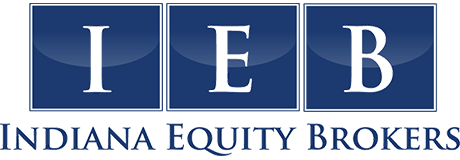

Sell a Manufacturing Business
Selling a manufacturing business is a multifaceted endeavor that demands meticulous preparation and expert guidance to maximize value and ensure a seamless transition. Key steps include conducting a thorough financial assessment, addressing operational inefficiencies, securing key employees, and optimizing working capital. Enhancing operational efficiency through data-driven strategies and lean methodologies can significantly boost profitability and attractiveness to buyers.
Engaging experienced business brokers is essential. They provide critical services such as business valuation, confidential marketing, buyer screening, and negotiation support, ensuring a smoother and more efficient sale process.
Preparing Your Business for Sale: Key Steps
Preparing your business for sale involves several critical steps to maximize its value and appeal to potential buyers. First, conduct a thorough assessment of your business’s financial health, including preparing accurate and up-to-date financial statements. Next, address any operational inefficiencies and streamline processes to improve productivity and profitability. It’s crucial to lock in key employees with non-compete agreements to mitigate risk for potential buyers. Additionally, optimize your working capital to enhance the company’s value. Develop a comprehensive, forward-looking forecast covering at least the next three years to demonstrate future viability. Finally, assemble a team of professionals, including a business broker, accountant, and attorney, to guide you through the sale process. Taking these steps well in advance of putting your business on the market can significantly increase its perceived value and attract serious buyers.
Maximizing Business Value Through Operational Efficiency
Maximizing operational efficiency is crucial for enhancing a business’s value prior to sale. By streamlining processes, reducing waste, and optimizing resource allocation, companies can significantly improve their profitability and attractiveness to potential buyers. Key strategies include implementing data-driven insights to inform decision-making, fostering collaboration among team members, and investing in employee training and development. Continuous monitoring and adaptation of processes are essential to identify areas for improvement and stay competitive. Lean methodologies can be particularly effective, focusing on creating value for customers with fewer resources by eliminating non-value-added activities. Ultimately, an efficiently run business translates into improved profitability, minimized costs, and increased revenue, making it a more appealing acquisition target.
Understanding the Role of Business Brokers and M&A Advisors
Business brokers and M&A advisors play a crucial role in facilitating the sale of businesses by acting as intermediaries between buyers and sellers. They provide valuable services including business valuation, confidential marketing, buyer screening, and negotiation support. These professionals leverage their extensive networks and market knowledge to connect sellers with qualified buyers while maintaining strict confidentiality throughout the process.
Business brokers also assist with preparing financial documents, creating compelling marketing materials, and navigating the complex legal and financial aspects of a transaction. Their expertise helps maximize the sale price and ensures a smoother, more efficient sale process, allowing business owners to focus on running their operations while the broker handles the intricacies of the sale.
